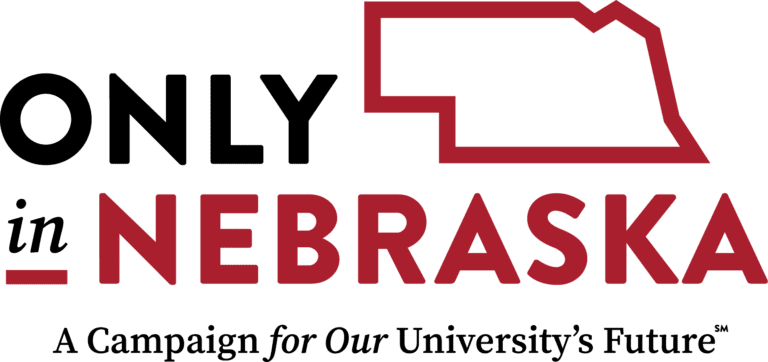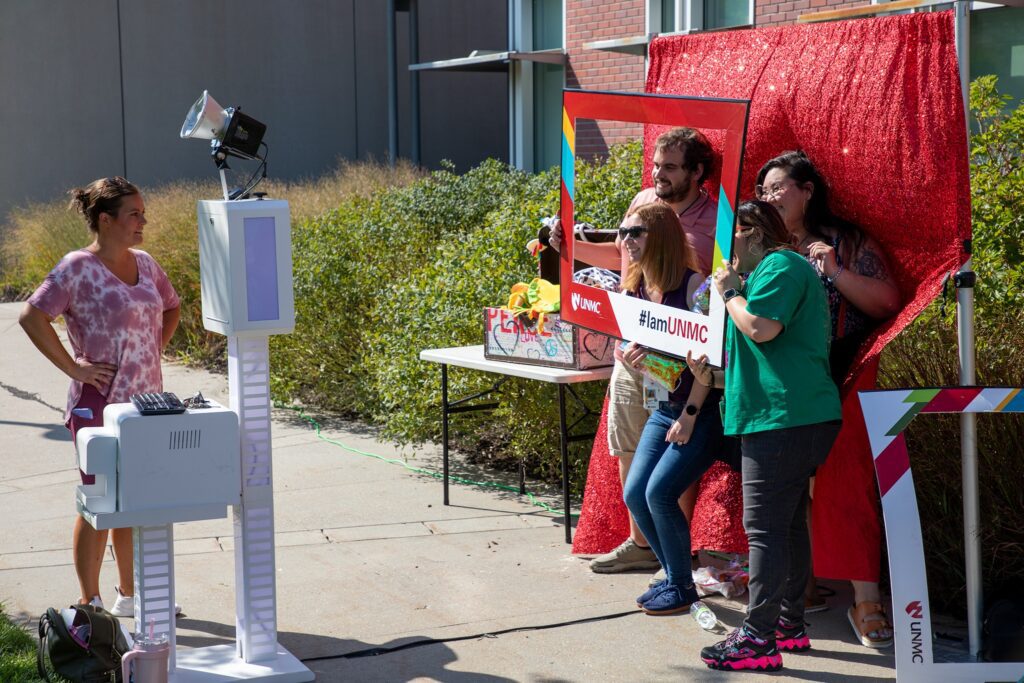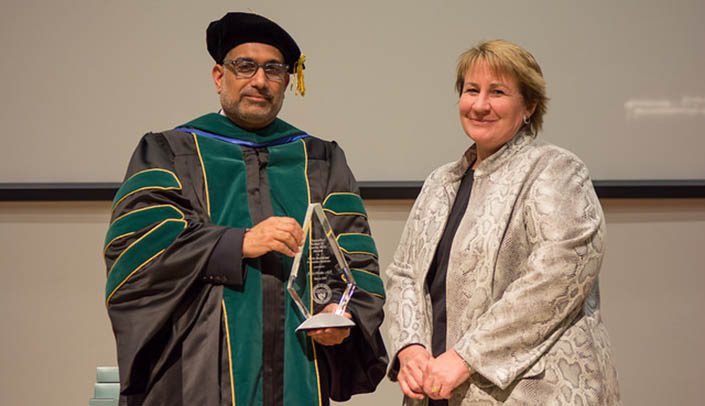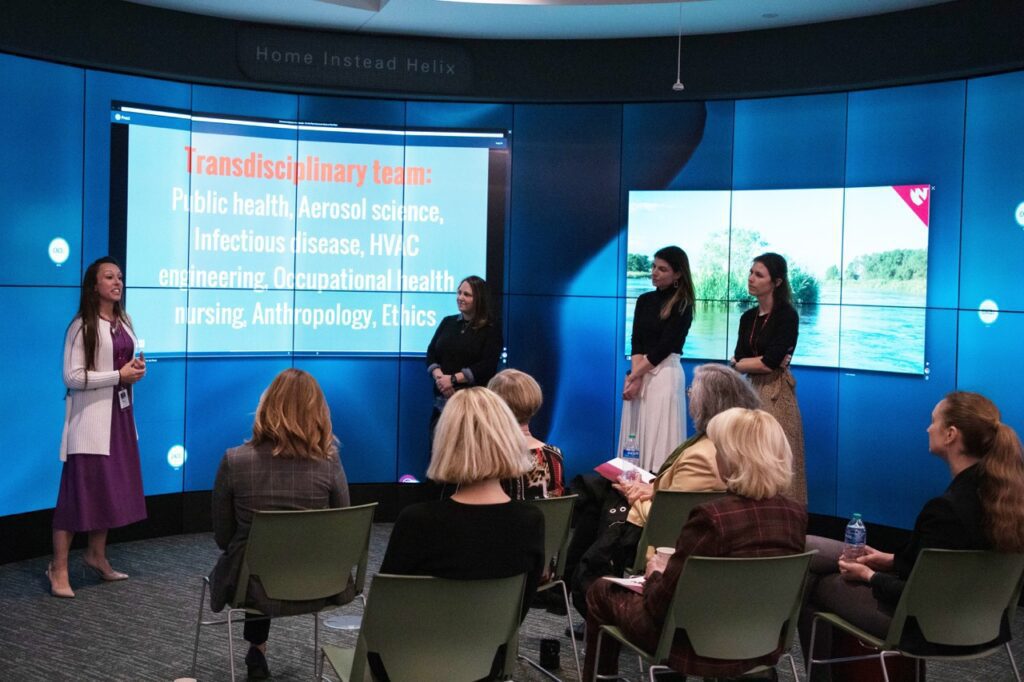Home > Priorities > University of Nebraska Medical Center College of Public Health

UNMC College of Public Health
Shaping Public Health. Like Only Nebraska Can.
The College of Public Health’s mission is to promote optimal health and well-being through robust education, research and service in collaboration with communities in Nebraska, across the country and around the world. Utilizing trusted evidence, the college translates data into action to influence public health practice and policy to improve community health.


Relentless Focus on Student Access and Success
Scholarship support for diverse and outstanding students is critical to overcoming cost barriers and filling current workforce gaps in the stressed public health system. To address this shortage, the college aims to recruit and retain this student population through targeted merit- and need-based scholarships and provide students with global engagement and study abroad opportunities.
Enhancing Faculty, Academic and Clinical Excellence
Faculty support resources are essential for recruitment, retention and recognition of outstanding educators and scientists. Endowed chairs and professorships will enhance the college’s reach, significantly impacting the culture and aspirations of the entire discipline. Individuals named to these positions will advance the excellence of teaching through their classroom and research applications.




Transformational Research and Innovation
Creation of the Nebraska Center for Health Equity, Research and Engagement (HERE) will promote the exploration of issues related to maternal and child health, cancer prevention and control in rural communities, data infrastructure and analytics. In addition, establishing the Comprehensive Data Coordinating Center will support implementation of large-scale clinical, biomedical and environmental informatics research projects.

FOR THE FUTURE WE’LL BUILD
INVESTING IN OUR
SHARED VISION.
Donor partnerships are essential as the college strives to achieve its highest goals. Private support can enhance the recruitment of the brightest minds in public health, as well as help to transform lives and create a healthy future for all individuals and communities through access to premier education, research and service.
A MESSAGE FROM LEADERSHIP
“The College of Public Health is committed to making Nebraska the healthiest state in the nation. We are devoted to social justice and to addressing health inequities across the state. This challenge makes for an unparalleled learning environment for our students and faculty.”
– Ali S. Khan, MD, MPH, MBA
Dean, College of Public Health
TOP CAMPAIGN PRIORITIES
Nebraska Center for Health Equity, Research and Engagement
Addressing health inequities is central to the college’s mission of improving the health and well-being of individuals, families and communities. Establishing the Nebraska Center for Health Equity, Research and Engagement will promote the exploration of issues related to maternal and child health, cancer prevention and control in rural communities, data infrastructure and analytics.
Endowed Faculty Chairs and Professorships
Faculty support resources are essential for recruitment, retention and recognition of outstanding educators and scientists. Employing high-quality faculty members is imperative for strengthening UNMC and the university system at large. Supporting endowed chairs and professorships will enhance the college’s reach, significantly impacting the culture and aspirations of the entire discipline.
Center for Comprehensive Data Coordination
There is an increasing demand for data experts to drive evidence-based decision-making to improve health outcomes for communities. To meet this demand, the college will establish a Comprehensive Data Coordinating Center to support implementation of large-scale clinical, biomedical and environmental informatics research projects and small pilot projects.
Student Scholarship Support
Providing scholarship support for students is a critical step to overcoming cost barriers and filling the current workforce gaps in the stressed public health system. To address this shortage, COPH aims to recruit and retain a diverse and outstanding student population by offering targeted merit- and need-based scholarships and providing students with global engagement and study abroad opportunities.
Expanding Health Security and Infectious Disease Prevention and Control
By improving health security, the college can increase the chances that people will be healthy and resilient — both physically and mentally — following a disaster. The pandemic has revealed significant weaknesses in global health security and infectious diseases preparedness and response in the U.S. Donor support for health security will allow the college to take the steps necessary to address these issues before the next health care emergency.






